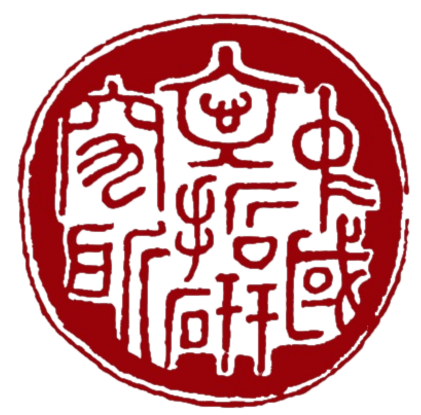***全英語活動***
Aesthetics of Atmosphere, Force, and Breath: Transdisciplinary Explorations
呼吸、氣氛、力量:氣學與美學的跨領域探索
September 29-October 1, 2024
Institute of Chinese Literature and Philosophy, Academia Sinica, Taipei
2024年9月29、9月30日~10月1日,中央研究院中國文哲研究所
Organized by the Institute of Chinese Literature and Philosophy, Academia Sinica
in cooperation with KOIAS (Kobe Institute for Atmospheric Studies/神戸雰囲気学研究所),
The Global Sinology Forum at National Sun Yat-sen University/國立中山大學國際漢學平台, International Graduate Lectures in Sinology, College of Liberal Arts, National Chengchi University/國立政治大學文學院國際漢學碩博士專班
This workshop will explore the transdisciplinary and transcultural potential of an aesthetics of atmosphere, force, and breath. Atmosphere, force and breath are the English terms through which we suggest to connect with the meanings of 氣/qì/ki in Chinese and Japanese literature and philosophy.
The “learning of breath” (氣學) runs through all aspects of perception and precedes or accompanies all physical and spiritual awareness. Through the act of breathing we touch the world and are touched by it. Expressions such as "I breathe, therefore I am" or "philosophy dies without air" attempt to transcend the prevailing "hegemony of the gaze and the eye" (as articulated by Luce Irigaray) over alternative faculties of perception. This conference will connect “breath-learning” to the development of the “philosophy of breath” or “respiratory philosophy”, which is an important emerging field in contemporary global philosophy.
If both atmospheres and forces are changing modes of "breath," then it is clear that "breath" is both material and spiritual, external and internal, objective and subjective. Within contemporary philosophy, Martin Heidegger, Hermann Schmitz and Gernot Böhme are important predecessors for an “aesthetics of atmosphere”, while Christoph Menke developed an “aesthetics of force”. Both versions of a new aesthetics have already entered into conversation with Eastern philosophies and cultures. These developments fundamentally challenges conventional European views of human life and the world. Connecting aesthetics and the "learning of qì/ki" (氣學) with reference to atmosphere, force and breath is an attempt to further explore the transdisciplinary and transcultural possibilities of these endeavors for aesthetic theory and practice.


 Agenda-0927
Agenda-0927
